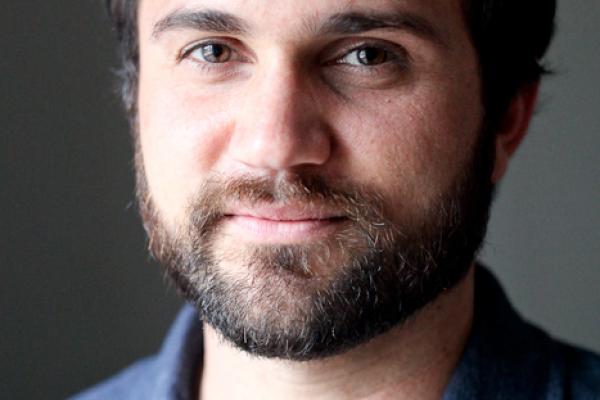May 1, 2012
Many people in our country say that their Christian faith is a significant force in their lives. I am one of those people. As I listen to my sisters and brothers in the church discuss immigration legislation, I wonder why our faith hasn’t lead us into a way of life that defuses this contentious debate.
If, as Christians claims, the story of the Bible is important to us, then we shouldn’t be so worried about foreigners; we shouldn’t be so afraid of immigrants.
Read the Full Article

Already a subscriber? Login
